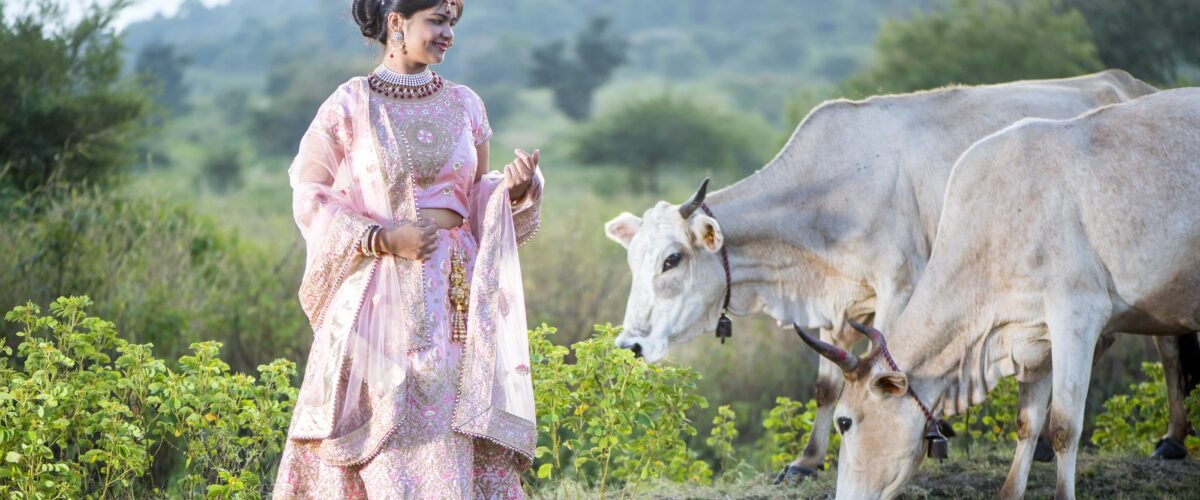The Future of Sustainable Fashion in India
The future of sustainable fashion in India is poised for significant transformation as the country navigates the intersections of environmental responsibility, cultural heritage, and economic development. With a rich tradition in textiles and craftsmanship, India is uniquely positioned to lead the global shift towards sustainable fashion. Several factors are driving this change, including increased awareness among consumers, supportive government policies, and innovative practices within the industry.
Growing Awareness Among Consumers
One of the key drivers of sustainable fashion in India is the growing awareness among consumers. As global conversations about climate change and environmental sustainability gain momentum, Indian consumers are becoming more conscious of the environmental impact of their purchases. This shift in consumer behavior is evident in the increasing demand for eco-friendly and ethically produced clothing. Brands are responding to this demand by offering products made from organic materials, employing fair trade practices, and reducing their carbon footprints. The rise of social media and digital platforms has also played a crucial role in educating and engaging consumers about sustainable fashion choices, thereby fostering a culture of environmental responsibility.

Supportive Government Policies and Initiatives
Government policies and initiatives are also playing a pivotal role in promoting sustainable fashion in India. The Indian government has launched several programs aimed at supporting sustainable practices in the textile and apparel industry. For instance, the Ministry of Textiles has been working on initiatives to promote the use of organic cotton and reduce water consumption in textile production. Additionally, the government is encouraging the adoption of cleaner technologies and sustainable production processes through various subsidies and incentives. These measures are aimed at reducing the environmental impact of the fashion industry while also ensuring the economic viability of sustainable practices.
Industry Innovation and Traditional Techniques
Innovation within the industry is another significant factor contributing to the future of sustainable fashion in India. Indian fashion designers and brands are increasingly exploring innovative materials and production techniques to create sustainable clothing. This includes the use of biodegradable fabrics, recycling and upcycling old garments, and adopting zero-waste design principles. Traditional Indian crafts and techniques, such as handloom weaving and natural dyeing, are being revitalized and integrated into modern fashion to create sustainable products that are both stylish and eco-friendly. These innovations not only help in reducing the environmental impact of fashion but also support local artisans and communities, thereby promoting social sustainability.
Integration of Advanced Technologies
The integration of technology is further revolutionizing sustainable fashion in India. Advanced technologies such as blockchain and AI are being used to enhance transparency and traceability in the supply chain. Blockchain technology, for example, allows consumers to trace the journey of a garment from the raw material stage to the finished product, ensuring that sustainable practices are adhered to at every step. AI is being used to optimize production processes, reduce waste, and develop new sustainable materials. These technological advancements are making it easier for brands to implement and maintain sustainable practices, thereby driving the industry towards a more sustainable future.
Adoption of Circular Fashion Principles
Moreover, the concept of circular fashion is gaining traction in India. Circular fashion promotes the idea of designing products with the end of their life cycle in mind, ensuring that materials can be reused or recycled rather than ending up in landfills. This approach not only minimizes waste but also conserves resources and reduces the environmental impact of fashion. Several Indian brands are adopting circular fashion principles by creating products that are designed to last longer, can be easily repaired, or are made from recycled materials.
The future of sustainable fashion in India looks promising, driven by increasing consumer awareness, supportive government policies, industry innovation, technological advancements, and the adoption of circular fashion principles. As the country continues to embrace sustainable practices, it has the potential to become a global leader in sustainable fashion, setting an example for other nations to follow. By leveraging its rich cultural heritage and combining it with modern sustainable practices, India can pave the way for a more sustainable and ethical fashion industry that benefits both people and the planet.









Great writings
Thank you very much. Please keep in tuch.